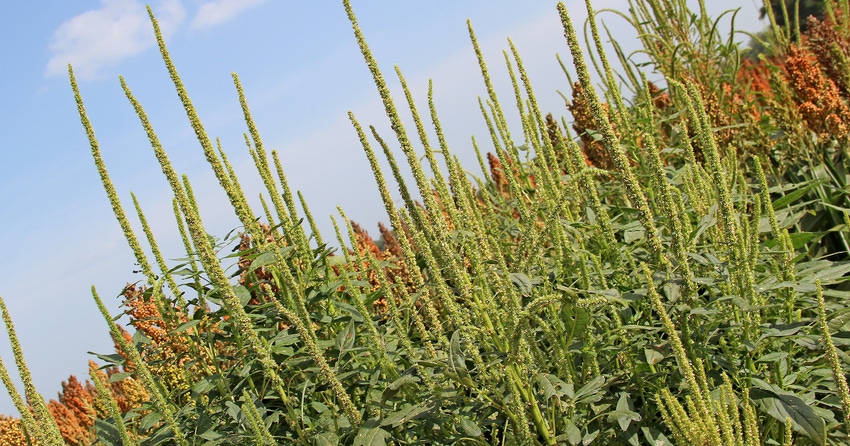
The Arkansas State Plant Board voted May 3 to change dicamba rules, delaying spray cutoff dates and reducing buffer zones in some instances.
While changes proposed in a March plant board meeting called for adopting the federal dicamba labels as a guideline for spray applications, the proposal presented in the May 3 meeting had some significant modifications. The approved changes include:
Extending the time applicators can spray dicamba to June 30 for soybeans and cotton.
Reducing buffer zones around non-tolerant crops to ¼ mile.
Reducing buffer zones around organic crops and commercially grown specialty crops to a half-mile. (Specialty crops are defined as a minimum of 1,000 plants or the average annual crop sales for the previous three-years exceeding $25,000.)
Only dicamba products labeled for in-crop use may be sprayed between April 16 and October 31.
Applicators must still maintain a one-mile buffer in all directions around agriculture research stations. Applicators are also still prohibited from tank mixing glyphosate with dicamba. Regulations regarding record keeping and training are still in effect.
Sam Stuckey, an Arkansas farmer and plant board member who made the proposal said this was a “compromise that will work for all Arkansas farmers.” The board voted 9 to 5 to adopt the rule changes.
The vote followed a lengthy discussion period where farmers, attorneys and environmentalists weighed in on the pros and cons of this controversial herbicide.
Of the 17 people who spoke during the public comment period, 12 were in favor of loosening Arkansas’ dicamba regulations. The participants, who were mostly farmers, frequently discussed the difficulties of fighting Palmer amaranth with fewer effective herbicide technologies. Growers also argued that the original cutoff date of May 25, limited the varieties they could plant and put them at a competitive disadvantage with peers in surrounding states that observe the federal label for dicamba applications.
The federal label allows for a June 30 cutoff date for spraying dicamba in soybeans, and a July 30 cutoff date for cotton. The downwind buffer zone requirements on the federal label are 240 feet and 310 feet in counties with endangered species.
Opponents of the proposed changes countered that cotton and soybean farmers have, in fact, been successful with a May 25 cutoff date, and that the proposed changes unfairly burdened growers of specialty crops like sweet potatoes or watermelons. They also cited University of Arkansas research on the damages incurred by non-tolerant soybeans that are exposed to dicamba, and its propensity for off-target movement.
The rule was passed as both an emergency rule and a permanent rule. If passed as only a permanent rule the changes would more than likely not go into effect until July — making them moot for this crop season. Under Arkansas law, an emergency rule is only in effect for 120 days but is approved quicker. The changes could possibly be in effect as soon as May 12.
About the Author(s)
You May Also Like






